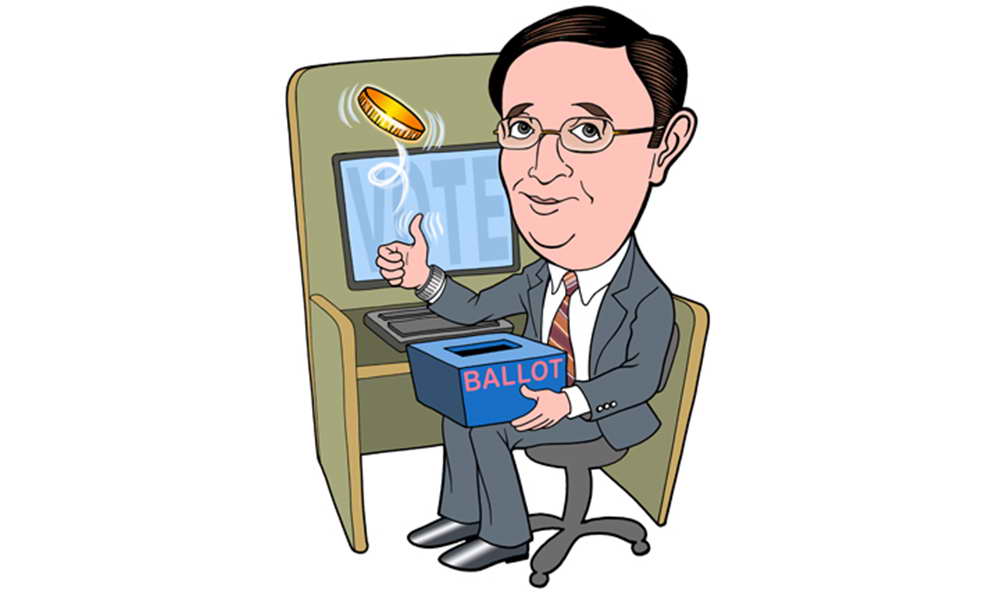By Dr. Lee M. Miringoff
What happened in the race for New York City mayor?! Mayor Michael Bloomberg squeaked out a slim victory over Democratic challenger Bill Thompson last night despite the healthy lead given to Bloomberg by all the pre-election polls. The short of it … the scenario is a textbook case of pre-election poll analysis.
It is not unusual in contests between a well-known incumbent (Bloomberg) and a relatively unknown challenger (Thompson) that the incumbent ends up getting pretty much the same number he was attracting in pre-election polls. Undecided voters tend to find the challenger or not vote at all, having already rejected the incumbent.
In the closing weeks of the campaign, all public pre-election polls had Bloomberg in the low 50s, regardless of the margin over Thompson. This is reminiscent of the outcome in 1994 when pre-election polls showed then three-term incumbent Mario Cuomo with a huge lead over relatively unknown challenger George Pataki in the New York State race for governor. The bad news for Cuomo was that he was below 50% despite his big “lead.”
It is not surprising, therefore, that the 2009 race for mayor got closer in the end. The Marist polls showed the trend that Democratic voters were “coming home” to Thompson. These polls revealed growing support for Bill Thompson among Democrats (more than two-thirds of the New York City electorate) and African-American voters (about one-quarter of the electorate). This trend continued through Marist’s final look at the electorate on Sunday and on election eve in a mixed, data collection mode research project. Thankfully, the election of President Barack Obama last year put to rest the unsubstantiated but popular view that African-American candidates are undercounted in pre-election polls in black/white contests … the so-called, “Bradley Effect.”
Having said this, it was a rough night for incumbents, and change is still in the air. Tuesday’s electorate was motivated by economic concerns and laid the blame on the doorstep of government executives. From a three-term county executive in a local New York county to New Jersey’s Governor Corzine (even with the White House’s best efforts), voters rejected the status quo. Bloomberg narrowly escaped.


